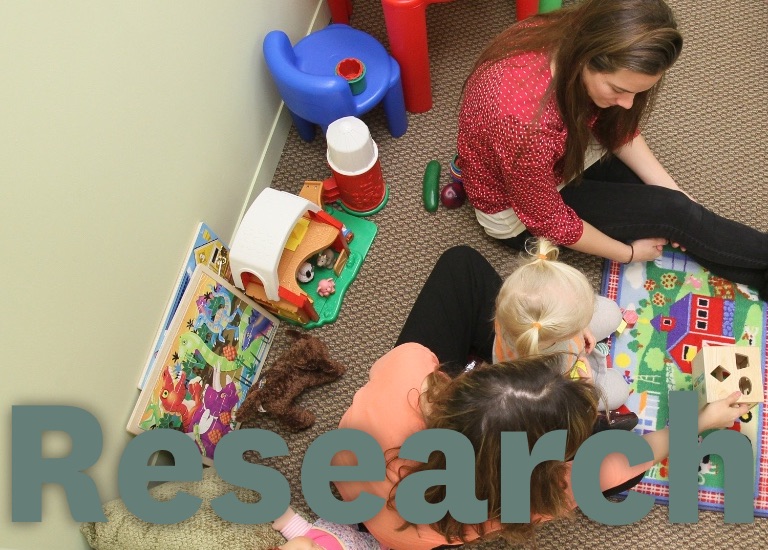Characterizing gastrointestinal disorder trajectories for autistic sub-groups: Machine learning prediction of risk profiles and response to treatment
Principal Investigator: Amber Angell PhD, OTR/L
Co-Investigators: Mayank Kejriwal (Viterbi), Sze-chuan Suen (Viterbi), Larry Yin (CHLA), Sriakr Chamala (CHLA), Jaya Punati (CHLA), Sonia Trejo (CHLA/Chan)
Consultants: Jiang Bian (UF), Yi Guo (UF), Julie Miller (Pasadena Child Development Associates), Gloria Williamson (Your Life Nutrition), Daniella Florindez (DC Florindez Consulting)
Period
Aug 2024 – Apr 2029
Total funding
$2,951,222
Gastrointestinal (GI) problems are among the most common concern reported by families of autistic children and youth, but efforts to understand the nuances of GI symptoms are stymied by a lack of longitudinal research using real-world clinical datasets. We will use a multimethod, participatory approach to: (1) qualitatively describe autistic people’s GI experiences throughout the lifespan; (2) quantitatively characterize GI symptom rates, presentations, trajectories, and responses to treatment among autistic children/youth using electronic health records (EHRs) from Children’s Hospital Los Angeles (CHLA) (with both structured data, e.g., diagnosis codes and prescriptions; and unstructured data, i.e., keywords extracted from clinical notes via natural language processing); and (3) build predictive models of risk of GI symptom profiles and response to treatment using both traditional and machine learning approaches. By using longitudinal analyses and real-world clinical data, the proposed study provides a more nuanced prediction of GI symptom profiles and response to treatment, and holds promise for informing future targeted interventions to improve care for autistic individuals.
Funding
| Type | Source | Number | Amount |
|---|---|---|---|
| Federal | NIH / Eunice Kennedy Shriver National Institute of Child Health & Human Development | R01HD115661 | $2,951,222 |





